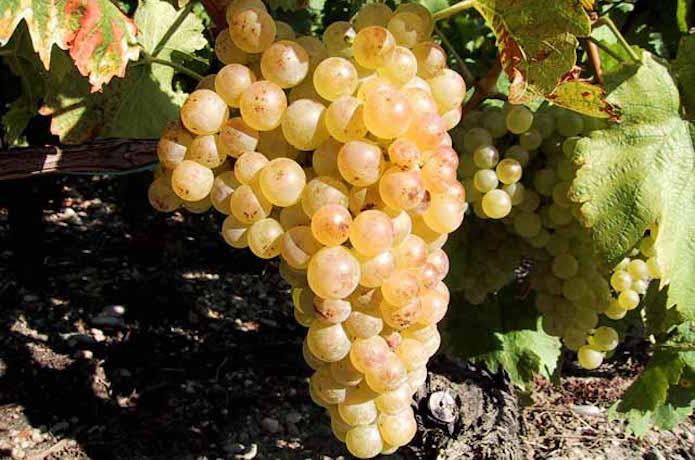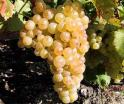Channelling Chasselas: Discreet and delicate but nevertheless distinct
- Sunday 16 April 2017
Discreet and delicate but nevertheless distinct – “It is the wine closest to nothingness that I have ever tasted”, says writer Katsuyuki Tanaka.
By Sarah Wong, South China Morning Post
Chasselas is a white grape variety most closely associated with Switzerland. The grape, which is also cultivated in Romania, France, Hungary and New Zealand, is named after a village in the Saône-et-Loire department. Despite its French name, it was long believed that chasselas originated in Egypt. DNA testing, however, shows that the grape’s birthplace is the Vaud canton, in southwest Switzerland. Today, chasselas is the most important white variety in Vaud, accounting for about 66 per cent of its wines.
Minimalist in style, chasselas is the zen of white grapes. It is discreet and can verge on being neutral in flavour. At its best, chasselas is delicate with mineral notes. It is dry and refreshing with low alcohol levels. The grape is versatile and flexible, easily adapting to local growing conditions. It can express the typicity of the place, its soils and climates. The minerals and diverse soil types found in Vaud add to the complexity of the wines. As in Burgundy, chasselas wines are named after the village where they are produced, such as Epesses, La Côte and Dézaley.
Wine writer Katsuyuki Tanaka eloquently sums up chasselas: “It is the wine closest to nothingness that I have ever tasted […] If you have a glass, you find yourself in its place of origin. You grasp the spirit of the people who vinified it […] In gastronomy, chasselas supports the purity of a kitchen. It never dominates. It does not fight to say ‘I am good’, ‘I am strong’ […] Chasselas is modest, restrained, without excess. Inside, it possesses inner strength and spiritual domination. It resembles the character of the Swiss and Japanese people.”
One Vaud producer making archetypal Chasselas is Luc Massy, a family wine business dating back to the late-19th century. Vineyards are farmed using integrated porduction, meaning vines are treated only when necessary. In the cellar, there is minimal intervention. Its white wines are fermented in stainless-steel and concrete tanks. Luc Massy also produces a small volume of red wine.







